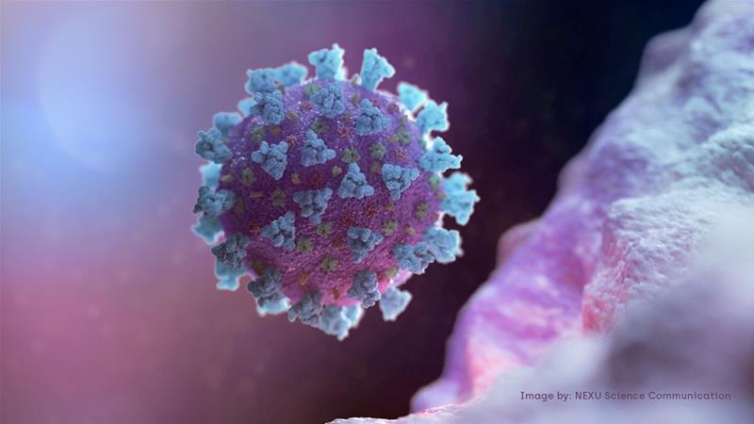For the last six months, headlines have been filled with news about the coronavirus (Covid-19), and the fact is that it is still very much living and breathing around us, and we are all susceptible to contracting it, no matter our age, race, lifestyle, or more. So the question is, if we are all breathing grounds for contamination, what can we do to protect ourselves?
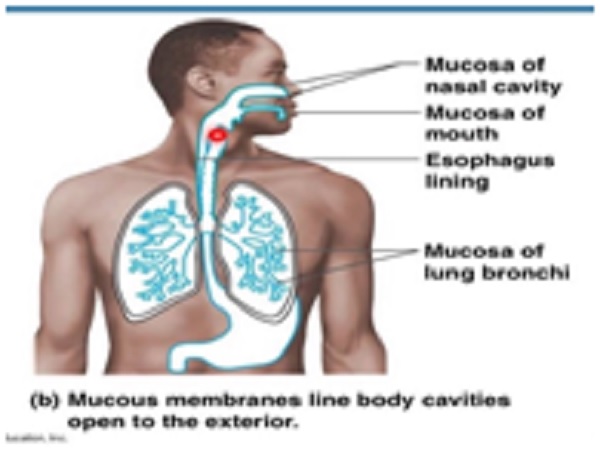
Firstly, we should understand how Covid-19 attacks our body. The virus, like other viruses, attaches to our mucus membranes that are visible (wet-like substances on our eyes, nose, mouth, and throat), and creates a breeding ground for the virus to grow. In response to fight the virus, our body produces proteins that trigger the inflammation response. For some people, this is as far as the virus will progress, leaving us with symptoms of a runny nose, body aches, fever, and sore throat.
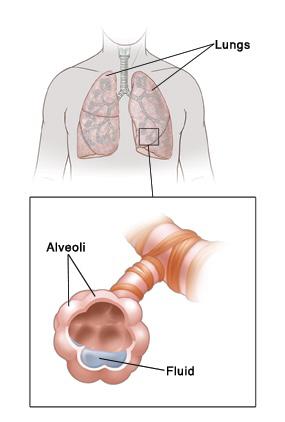
For others, it can progress further down into other organs, but most commonly it moves down the throat and into the lungs, where it attacks the lung tissue by killing the cells. Our body responds by sending more soldiers to the lungs that contain infection-fighting proteins. Eventually, there is so much fluid in the lungs that it can lead to pneumonia or acute respiratory distress syndrome. At this point, your chest muscles (diaphragm, intercostal muscles) are working very hard to expand and contract. As our body gets tired, we would require the aide of external devices such as ventilators and oxygen devices that can expand and contract our lungs and/or fill them with higher percentages of oxygen.
Our lungs are an important part of our survival. While we may feel that breathing is a functional necessity and that we have been doing it right since the day we were born, we may be using the wrong technique to cope with certain stresses that have caused us to breathe incorrectly. There is a skill to breathing well, and understanding how to breathe well is critical.
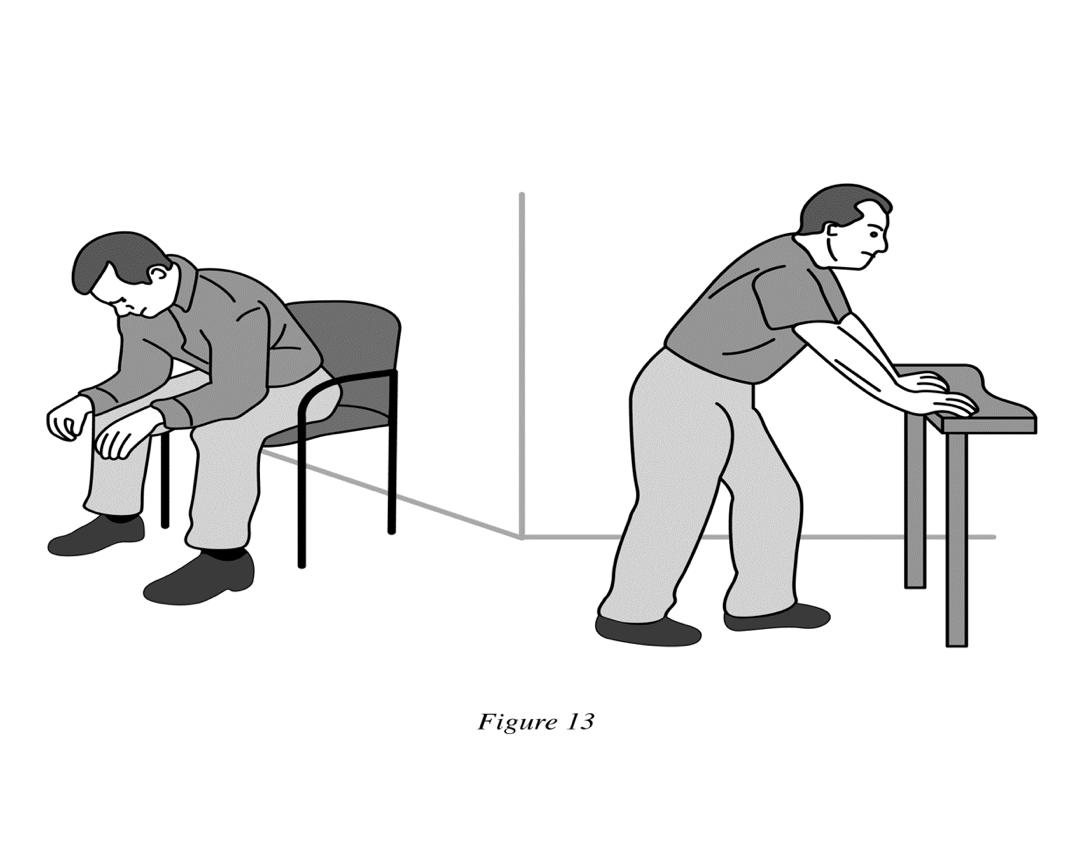
Our breathing muscles allow for the expansion and contraction of the chest wall, and little fluid filled sacs called alveoli allow for gas exchange to occur (oxygen entering our blood, and carbon dioxide exiting). Sometimes after high intensity exercises, you may feel the need to hold onto a surface and breath – this is a primal response to breathlessness as this would help take the pressure of our chest wall muscles. Our lung capacity is determined by how much air you can hold and remove from your body and how much of that movement produces gas exchange in your lungs. We will never use 100% of our total lung capacity (which is approximately 6 liters of air). Most of us only use around 10% in a regular breath (tidal volume), and this can increase to up to 50% in high intensity exercises.
That is a very small number indeed. Does this mean we can try to utilize more areas of our lungs? Absolutely. By strengthening our chest wall muscles and by trying to increase the amount of space not being utilized in our lungs, we can surely try to create more spaces for gas exchange to happen. Not only is this important for us to be healthy, but if we did manage to contract COVID-19, we would have much stronger lungs to fight it. For example, huffing and coughing effectively using the Active Cycle of Breathing Technique is useful in expelling sputum from our upper respiratory tract. If our lungs aren’t strong enough, this would be very difficult to do.
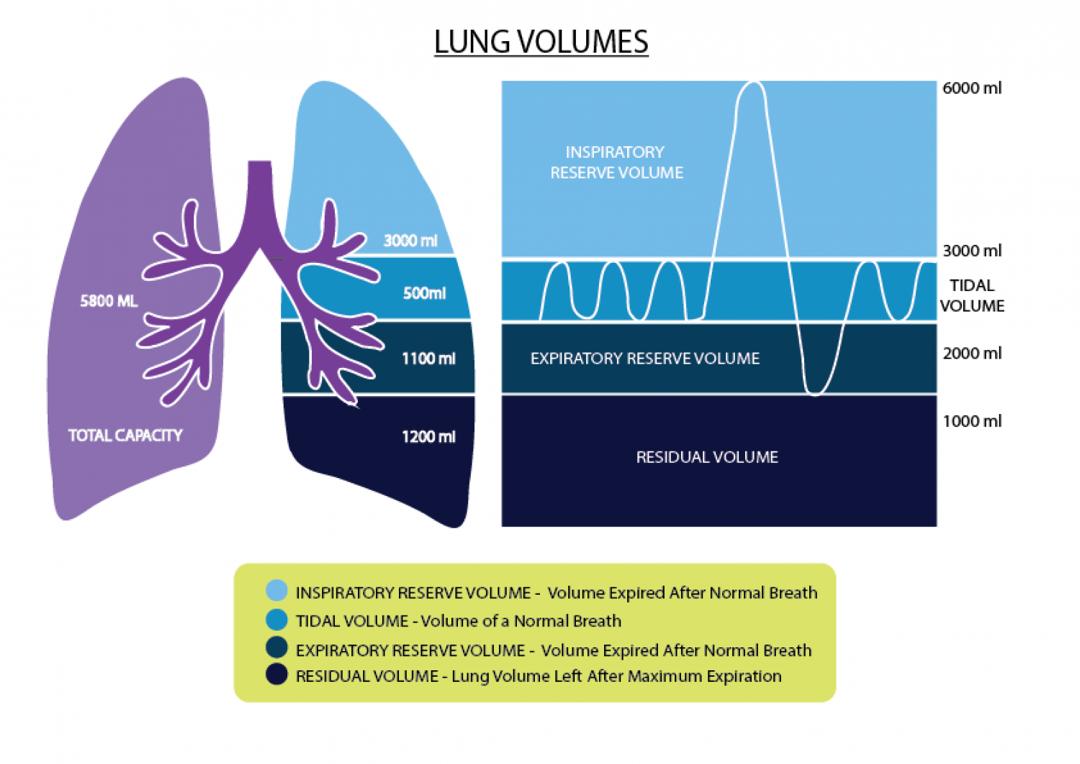
So, how can you increase your lung capacity?
Firstly, avoiding external irritants is paramount in keeping your lung capacity up.
Secondly, improving your exercise tolerance is extremely beneficial. As your heart rate increases so does your breaths per minute, which would mean that more oxygen is reaching parts of your body per minute (ie. strengthening the heart and lungs alongside the muscles of your body).
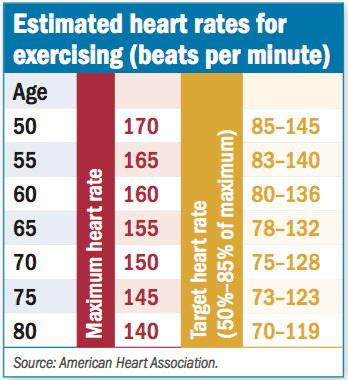
This can improve lung capacity from 5-15% with a commitment of exercising at least three times a week. Remember to consult your doctor or physiotherapist if you have any questions or before you begin any exercise regime to ensure that it is safe for you. Also, whenever you exercise, make sure you are in a safe environment, and stop if you experience any pain during any workout.
Breathing exercises can also help to improve our lung capacity, such as using our diaphragm rather than our superficial chest wall muscles. A simple exercise you can do every morning and night before bed is called “Abdominal Breathing Exercises”. Here, you need to lay on your back with one arm on your abdomen and another on your chest. Take a deep breath in slowly whilst feeling your hand on your stomach rise (hand on the chest is not moving much), and then exhale gently from the mouth. Try to hold every breath in for a minimum of 7 seconds, and increase the seconds as you increase the repetitions.
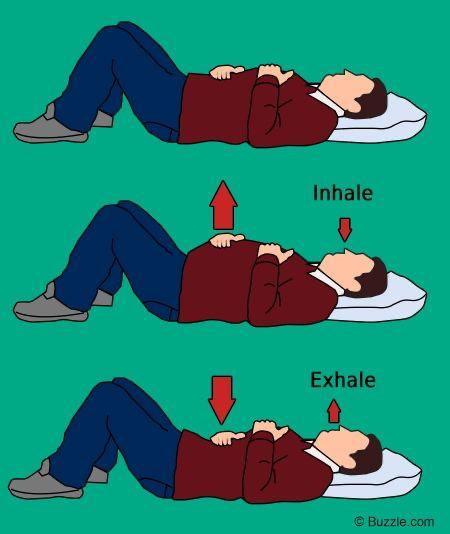
Strengthening your chest wall muscles (intercostal muscle therapy) are also important to breathing better. One exercise you could do is to sit on a chair with your arms straight and you’re your chest out. You should be looking at the ceiling. Take a deep breath in. Slowly exhale while you bring your hands to touch your toes. To increase the difficulty, you can add weights to this exercise.
You can also practice pursed lip breathing. This is a technique used by many individuals who have compromised breathing to help them get more air out of their lungs. This will help to expel any gas trapped in your lungs theoretically, and also creates a habit you can adopt when you are feeling breathless. You can sit down with your back straight and relax your shoulders for this exercise. Take a deep breath in through your nose (1-2 seconds), and purse your lips like you are blowing hot food and breathe out slowly. Try to increase the counts of exhalation to make it harder.
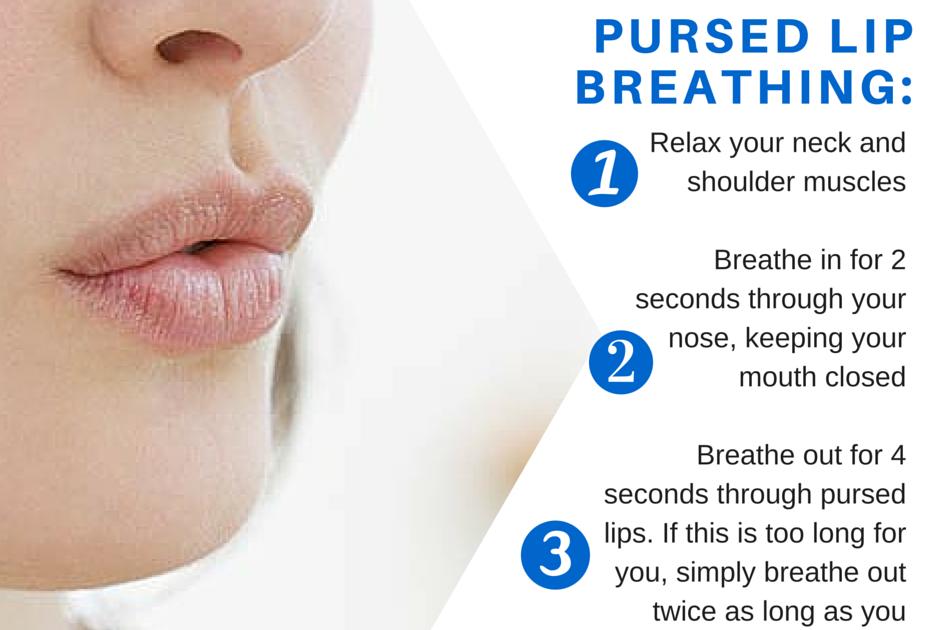
Last but not least, it is very important to make sure you are eating well, keeping hydrated, and sleeping well during this pandemic. A well taken care of immune system is happier to fight of diseases than one that is not looked after. Taking extra supplements during this time is also helpful as it is a well known fact that we don’t get enough vitamins through our daily food intake. Vitamin D has been linked to help in fighting viruses and aiding in immune responses, so do speak to your health professional to see if this would be a suitable option for you.
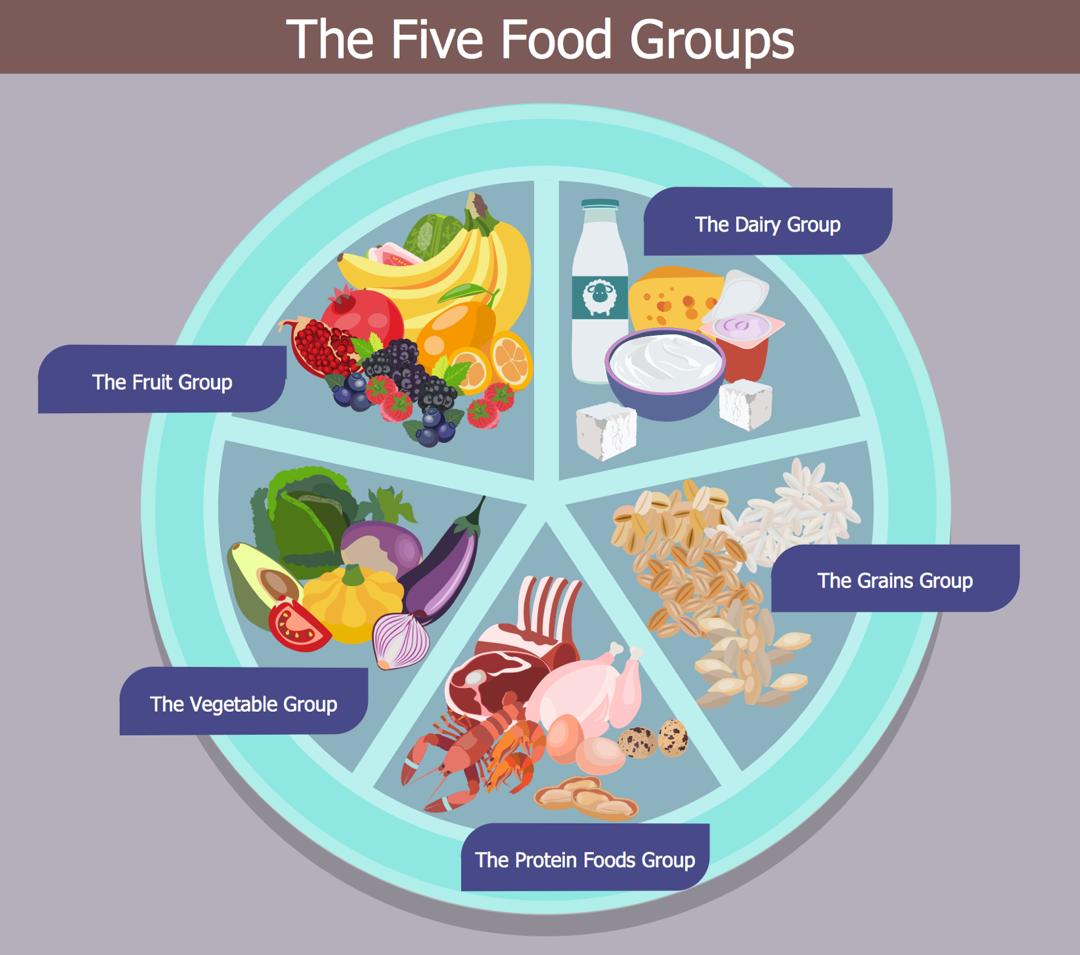
Most importantly, if you do contract Covid-19, try to stay calm and reassure yourself that you can fight this.
Our community will support you and wants you and others to be protected. So try your best to remain happy and healthy, and do the right thing by informing those you have come into contact with whilst also informing the relevant authorities to ensure best management possible.
***
About author
Prisha Daryanani, a trained physiotherapist from University of Sydney, Australia, has been in Ghana for the last 7 years, previously working for Rima Theratouch and currently freelancing.
She specialises in musculoskeletal pain such as knee or back pain, cardiopulmonary conditions, maintenance programs for patients with other comorbidities, and has knowledge in aquatic physiotherapy and workplace physiotherapy.
Email: prishadaryanani@gmail.com
Latest Stories
-
Ghana-Russia Centre to run Russian language courses in Ghana
1 hour -
The Hidden Costs of Hunger: How food insecurity undermines mental and physical health in the U.S.
2 hours -
18plus4NDC marks 3rd anniversary with victory celebration in Accra
4 hours -
CREMA workshop highlights collaborative efforts to sustain Akata Lagoon
4 hours -
2024/25 Ghana League: Heart of Lions remain top with win over Basake Holy Stars
6 hours -
Black Queens: Nora Hauptle shares cryptic WAFCON preparation message amid future uncertainty
6 hours -
Re-declaration of parliamentary results affront to our democracy – Joyce Bawah
6 hours -
GPL 2024/25: Vision FC score late to deny Young Apostles third home win
6 hours -
Enhancing community initiatives for coastal resilience: Insights from Keta Lagoon Complex Ramsar Site Workshop
6 hours -
Family Health University College earns a Presidential Charter
7 hours -
GPL 2024/25: Bibiani GoldStars beat Nsoatreman to keep title race alive
7 hours -
GPL 2024/25 Bechem United keep title hopes alive with narrow win over FC Samartex
7 hours -
2024/25: Dauda Saaka scores as Asante Kotoko beat Dreams FC
7 hours -
M.anifest reflects on galamsey’s devastation 11 years after ‘No Shortcut to Heaven’
7 hours -
We’ll have the last laugh – Sammy Gyamfi slams EC’s “cantata” re-collation
7 hours

